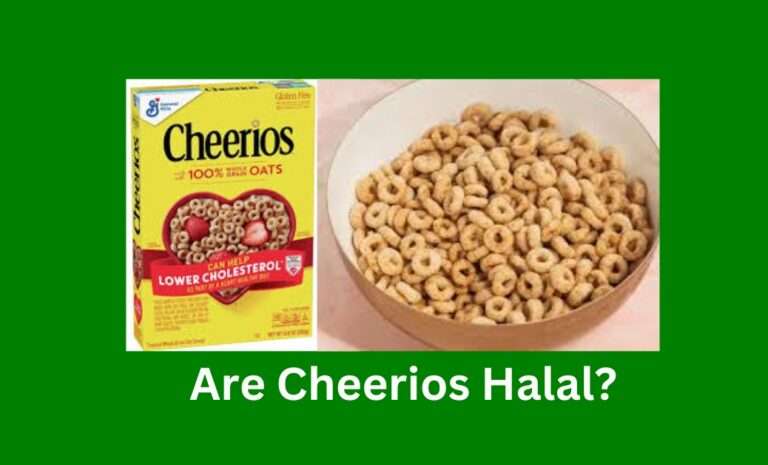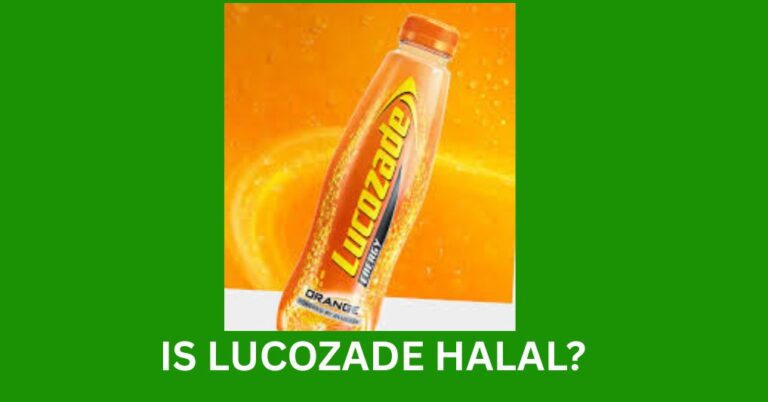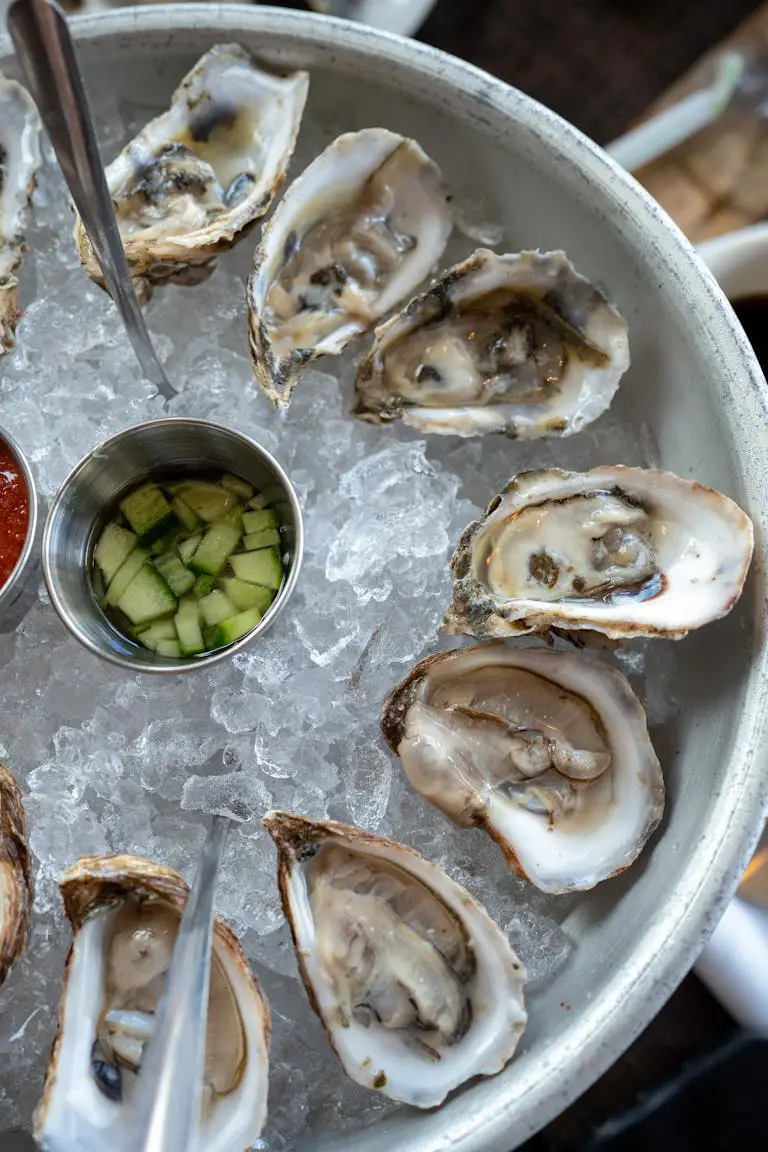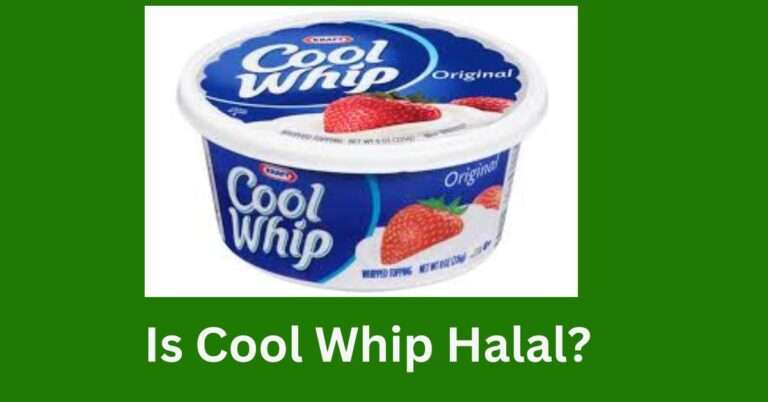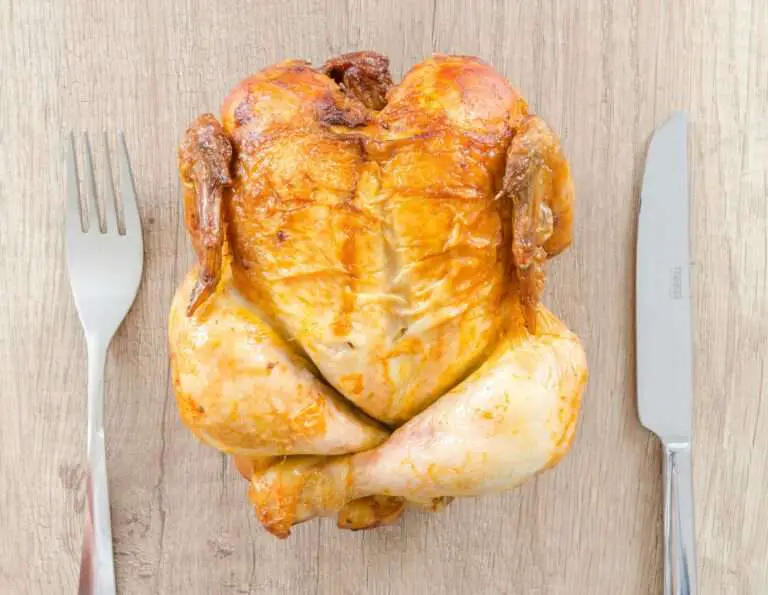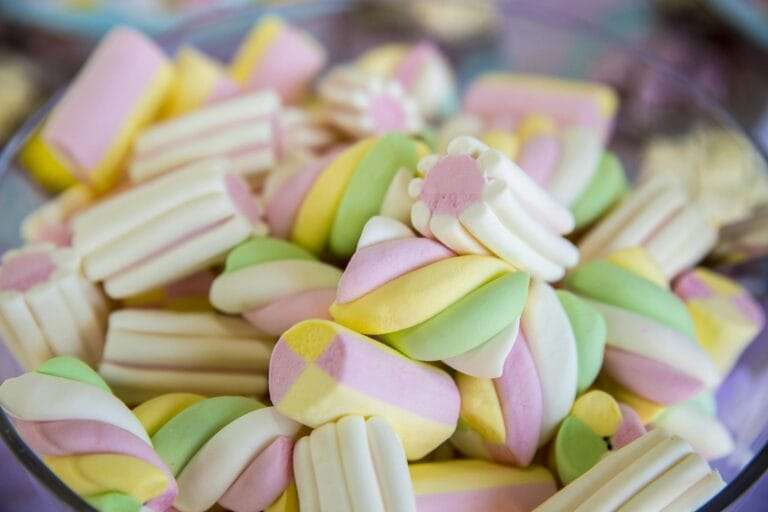🥤 Is Pepsi Halal? Everything You Need to Know
Pepsi is one of the most iconic soft drink in the world, but for Muslims who follow a halal lifestyle, the question arises:
Is Pepsi Halal?
Yes, Pepsi is generally considered halal as it does not contain any ingredients derived from haram sources such as alcohol or pork.
However, there are nuances and regional considerations that consumers should be aware of. In this article, we’ll explore the ingredients, certifications, manufacturing practices, and Islamic scholarly opinions regarding Pepsi’s halal status.
🔍 What Does “Halal” Mean in Food and Drinks?
Before we dive into Pepsi specifically, let’s clarify what “halal“ means.
✅ Definition of Halal
- Halal is an Arabic word meaning “permissible”.
- In the context of food and drinks, it means the item must:
- Not contain alcohol or intoxicants.
- Not include pork or its derivatives.
- Be free from cross-contamination with haram substances during processing.
❌ What is Haram?
- Haram means prohibited in Islam.
- Substances like:
- Ethanol or alcohol
- Gelatin from non-halal sources
- Enzymes or emulsifiers from pigs
Knowing this helps us better evaluate whether Pepsi meets the halal criteria.
🧪 Ingredient Breakdown: Is Anything Haram in Pepsi?
To determine if Pepsi is halal, we must review its ingredients and production methods.
📄 Common Ingredients in Pepsi
Pepsi’s formula may vary slightly depending on the region, but typically it includes:
- Carbonated water
- High fructose corn syrup or sugar
- Caramel color (E150d)
- Phosphoric acid
- Caffeine
- Citric acid
- Natural flavors
🔬 Are These Ingredients Halal?
- Caramel color (E150d): Often questioned, but in Pepsi it is produced without alcohol and is considered halal.
- Natural flavors: The term is vague. However, Pepsi has confirmed that their flavorings do not include alcohol or animal derivatives.
- Caffeine & acids: These are synthetic and halal.
✅ Conclusion: No listed ingredient in Pepsi is inherently haram.
🏭 Manufacturing Process: Is There Risk of Cross-Contamination?
Pepsi is produced in highly automated facilities. The risk of cross-contamination with haram products is minimal.
- Dedicated production lines are used for soft drinks.
- Cleaning protocols meet international food safety standards.
- In many Muslim-majority countries, facilities are audited for halal compliance.
💡 Tip: Check the country of manufacture if you’re uncertain about cross-contamination policies.
🌍 Regional Variations in Pepsi’s Halal Status
Pepsi is a global brand, and ingredients can slightly vary based on local regulations and preferences.
✅ Countries Where Pepsi Is Halal Certified
- Malaysia – JAKIM certified
- Indonesia – MUI certified
- Saudi Arabia, UAE, and other GCC countries – Halal certified by local bodies
❓ What About Western Countries?
- In the USA, UK, Canada, and Europe, Pepsi is not always formally halal certified, but:
- The ingredients are halal-compliant.
- PepsiCo has made statements indicating no haram substances are used.
📝 Always check for local halal certification if you’re concerned.
📜 Scholarly Opinions on Pepsi
Several Islamic scholars and organizations have evaluated the permissibility of Pepsi.
🗣️ Islamic Organizations’ Verdicts
- Islamic Food and Nutrition Council of America (IFANCA): Confirms Pepsi is halal compliant.
- JAKIM (Malaysia): Lists Pepsi as certified halal.
- Majlis Ulama Indonesia (MUI): Also certified in Indonesia.
🕌 Scholar Views
- Most contemporary scholars agree Pepsi is halal.
- Some scholars urge caution if the source of natural flavors is unknown.
📌 General consensus is that Pepsi is halal for consumption, especially when consumed in regions where it is certified.
🧴 What About Other Pepsi Products?
PepsiCo owns a wide range of products. Here’s how they compare:
🧃 Flavored Pepsi Variants
- Pepsi Max, Diet Pepsi, Wild Cherry Pepsi: Also use the same base formula. Usually halal.
🍋 Other Beverages by PepsiCo
- Mountain Dew, 7Up, Mirinda: Ingredients usually similar. Check labels.
- Gatorade, Tropicana, Lipton Iced Tea: May contain non-halal additives like vitamin fortifications or emulsifiers.
🧠 Always review the ingredient list or contact the company directly.
📦 How to Check If a Pepsi Product Is Halal
🔍 Look for Halal Certification Logo
- Found on bottles/cans in halal-certified countries.
📧 Contact Customer Support
- Email or call PepsiCo for an official statement.
📱 Use Halal Scanner Apps
- Use apps like Scan Halal, Muslim Pro, or HalalZabiha to scan product barcodes.
⚠️ When in doubt, avoid consumption until verified.
🧭 Final Thoughts
While Pepsi is not formally halal certified in every country, the general consensus among scholars and halal certification bodies is that Pepsi is halal. The ingredients do not contain alcohol, pork, or any other haram substances. Additionally, in many Muslim-majority regions, it is explicitly halal-certified.
If you live in a Western country and are still unsure, you can check the label, reach out to PepsiCo, or stick to versions made in certified regions.
❓ Frequently Asked Questions
Is Diet Pepsi halal?
Yes, Diet Pepsi is generally considered halal as it contains no haram ingredients.
Is Pepsi Max halal?
Yes, it is halal-compliant, but always check local certification to be sure.
Is caramel color in Pepsi halal?
Yes, the caramel color used in Pepsi (E150d) is produced without alcohol and is considered halal.
Why isn’t Pepsi halal certified in some countries?
Halal certification is not mandatory in many non-Muslim countries, even if the product is halal-compliant.
What should I do if I’m unsure about Pepsi's halal status in my country?
Check the label, look for a halal logo, or contact the company for clarification.


